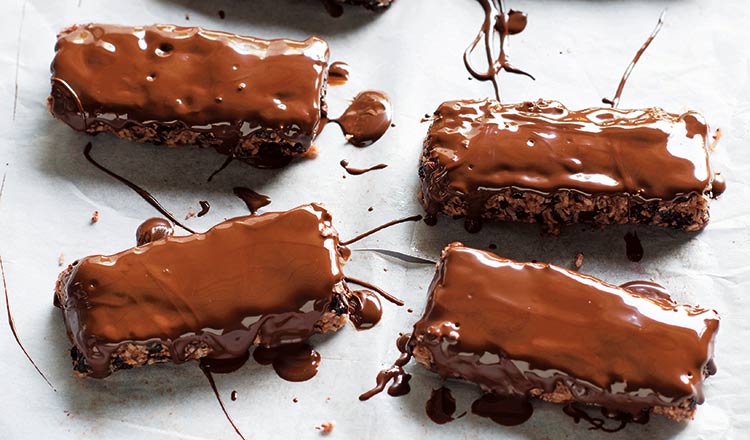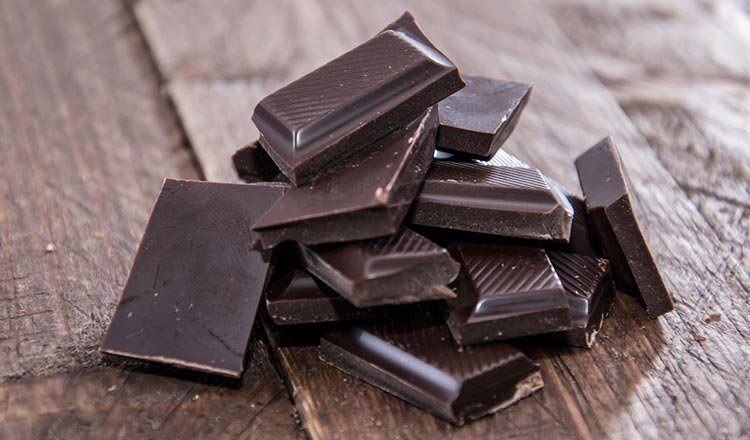Published in the journal Appetite, researchers used data collected from a Maine-Syracuse Longitudinal Study (MSLS), in which 968 people aged between 23 and 98 were measured for dietary intake and cardiovascular risk factors, as well as cognitive function.
The researchers found that regularly eating chocolate was significantly associated with cognitive function “irrespective of other dietary habits”.
More frequent chocolate consumption was “significantly associated with better performance on [cognitive tests including] visual-spatial memory and organisation, working memory, scanning and tracking, abstract reasoning, and the mini-mental state examination”.

The key ingredient to the positive cognitive function are the cocoa flavanols, a subgroup of flavonoids, which are found in chocolate.
High levels of flavanols are found in dark chocolate but less so in milk or white chocolate. High levels of flavanols are also found in tea, red wine and certain fruits such as grapes and apples.
The researchers also stated the findings supported recent clinical trials that suggest “regular intake of cocoa flavanols may have a beneficial effect on cognitive function, and possibly protect against normal age-related cognitive decline”.
If you feel like an added brain-boost, why not try one of our delicious chocolate based recipes, such as the chocolate cherry and coconut bars above.
Or, for something extra healthy, indulge in this yummy sugar-free nutty bark.
















